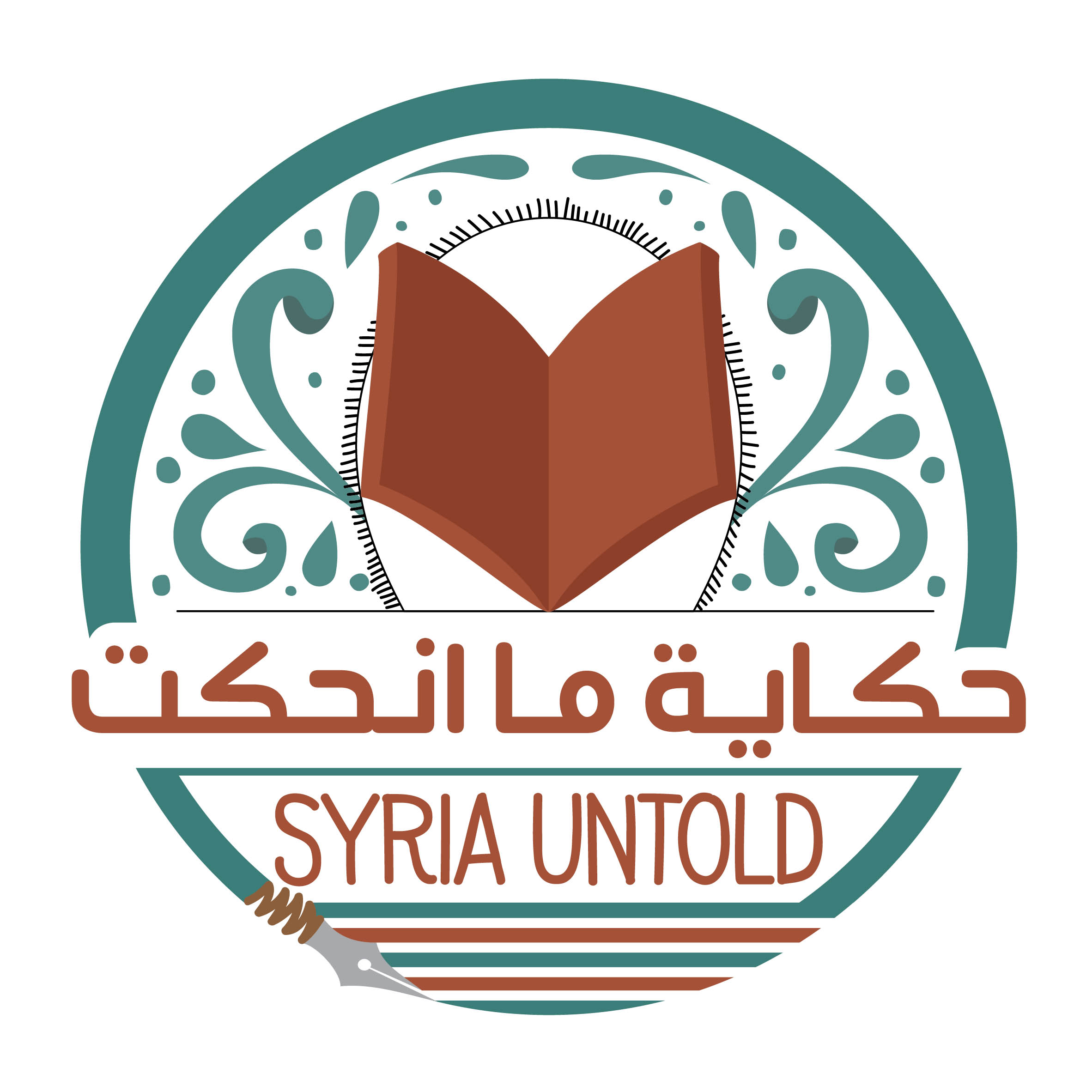‘It’s an Act of Murder’: How Europe Outsources Suffering as Migrants Drown (The New York Times)
This new documentary follows a tragedy unfolding at sea. In an attempt to curb immigration to Europe, Italy outsourced rescue efforts to the Libyan coastguards. The film shows the Libyan coastguard brutal treatment of refugees while their dinghy sank, ignoring their pleas for rescue and even beating them, which lead to 20 migrants drowning.
"This investigation makes a few things clear: European governments are avoiding their legal and moral responsibilities to protect the human rights of people fleeing violence and economic desperation. More worrying, the Libyan Coast Guard partners that Europe is collaborating with are ready to blatantly violate those rights if it allows them to prevent migrants from crossing the sea."
Assad hits a wall in Syrian war as front lines harden (Reuters)
The battle for Idlib and northwest Syria has reached a deadlock. The offensive the Syrian regime launched on April 30th has been thwarted as Turkey supplied the rebels with guided anti-tank missiles. This report by Reuters examines the prospects for the Syrian north and analyses the different players' interests.
“Despite Russian backing in the latest fighting, questions have arisen over whether Assad and his allies are entirely on the same page when it comes to the northwest, where Turkey has deployed forces in agreement with Russia and Iran.”
Assad Hasn’t Won Anything (Foreign Policy)
Charles Lister argues that the regime hasn't won the war; it merely survived. The war might be ending, but Syria is unstable; the living conditions are worse than ever, and the destabilising factors that lead to the uprising in 2011 are still there. Lister insists that the regime failed to retake Idlib recently because the Iranians refused to participate in the battle, and argues that this is a sign of how the Syrian regime will not be able to survive if abandoned by Iran or Russia. He concludes by warning against the "Gazafication of Idlib", which means that regime keeps Idlib under siege when it fails to retake it. Lister says the area will then remain under the control of jihadist groups, some of whom are already discussing a return to Bin Laden's policy of targeting the "far enemy" in the West.
"In fact, the former al Qaeda affiliate Hayat Tahrir al-Sham is pitching just that: It has proposed that its so-called Salvation Government become the area’s de facto governing authority. That scenario is far from being in anyone else’s best interests, least of all the area’s 3 million civilians.
If the region’s chaotic and violent status quo continues, other factions of al Qaeda will also benefit: those factions like Tanzim Huras al-Din that have returned to Osama bin Laden’s military vanguard model of jihad. Although these groups claim to be focused on the military fight in northwestern Syria, I’m told by reliable sources that they are also turning an eye back to the “far enemy,” the West. "
The Syrian Desert Truffle... A Gift of the Sky (Raseef22)
Zeina Shahla writes about Kama, or truffles, a delicacy that grows in the desert in eastern Syria during the rainy seasons. Shahla describes Kama's journey to different markets in Syria, and the rituals and myths surrounding picking and cooking Kama.
"This belief prompts some women to throw the water used to wash the truffles in front of the homes of neighbours they hate, this would often cause fights, as it's a sort of malediction or curse or so people of the city believe.
Despite these beliefs and tales, eating truffles in Deir Ezzor prior to the outbreak of the war was like a celebration. Most families used to go out on sunny days after rain outside the city to collect truffles and barbecue them: "In the past, the desert was full of the smell of food cooking and people every Thursday and Friday," said Reem a resident of Deir Ezzor adding sadly: "Indeed they were unforgettable days."
Afrin: Incidents Of Desecration And Destruction Of Cultural Sites (Bellingcat)
The latest report from Bellingcat investigates incidents of desecration and destruction of cultural sites in Afrin. The rebels launched Olive Branch operation and captured the city, aided by Turkey.
“The largely unsystematic pattern of these desecrations points to them likely being conducted randomly by different actors — for multiple reasons which range from religious or ethnic sectarian animus to personal gain through looting — it is clear that little to no effort has been exerted by the Turkish-backed governance bodies to prevent such incidents.”
Distrust of SDF, unclear future divide Syrian tribal massacre area (Al-Monitor)
Al-Monitor visited the Shaitat area in Deir ez-Zor. The home of Shaitat tribe that risen against IS in 2014. Their dissent was crushed, and a thousand of its members were slaughtered. Today SDF rules the area, and Al-Monitor found that the locals increasingly distrust SDF. They say the Arabs in the region fear SDF and complain about the lack of basic services and arbitrary arrests, while they accused SDF of cutting deals with IS fighters.
"Many infants end up in the Abu Hamam hospital, where the staff complains of the lack of oxygen and other medical supplies. A nurse at the hospital, Mohamed Hosni Abd al-Salah, told Al-Monitor, “Many children die because of minor ailments — due to a lack of doctors and services.”
Residents allege that IS fighters are treated better in both SDF-run camps and prisons than the Arabs that fought against IS. Many also say former IS leaders responsible for many deaths are now collaborating with the SDF."




